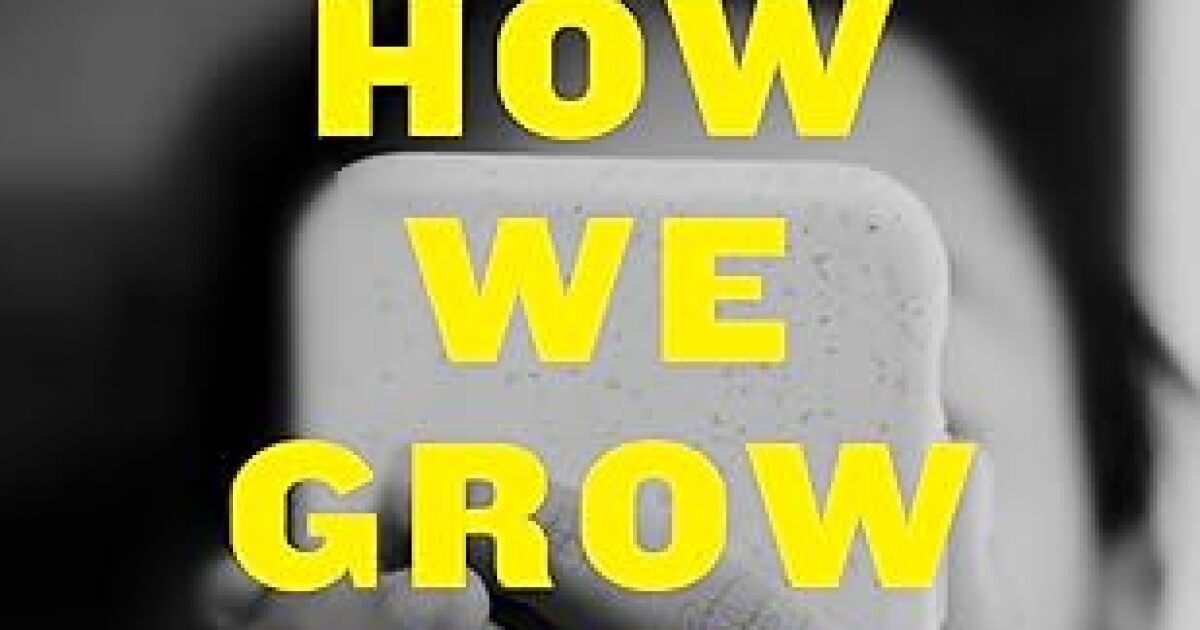
Understanding the Complexities of Adolescence: Insights from Matt Richtel’s Latest Work
Matt Richtel, a Pulitzer Prize-winning reporter at The New York Times, has established himself as a significant voice in the discourse surrounding public health and societal challenges. His notable achievements include winning the Pulitzer Prize for National Reporting, largely attributed to his investigative series on distracted driving, which he later expanded into his critically acclaimed nonfiction book, A Deadly Wandering. Today, Richtel continues to build on his rich journalistic legacy with his latest publication, How We Grow Up: Understanding Adolescence, which explores the intricate dynamics of adolescent development in a post-pandemic world.
Richtel’s recent work is a response to the pressing concerns he encountered while reporting on the adolescent health crisis during his comprehensive nine-part series entitled the “Inner Pandemic.” This series, which received accolades and captured national attention, provided a profound exploration of the mental health challenges faced by adolescents emerging from the isolating effects of the COVID-19 pandemic. Riddled with statistics and firsthand accounts, the series illuminated how the pandemic exacerbated pre-existing issues like anxiety, depression, and social disconnection among young people.
In How We Grow Up, Richtel channels his extensive research and findings from the “Inner Pandemic” series into a broader examination of adolescence. The book delves into the scientific and psychological underpinnings of how teenagers think, feel, and develop during critical years of their lives. It aims to provide answers not only to the questions that emerged from his investigative series but also to the societal implications of these findings, particularly regarding education, family dynamics, and mental health support.
Richtel’s insightful narrative is enriched by interviews with leading experts in psychology and adolescent medicine, shedding light on how modern challenges impact young minds. Central to his discussion is the role of technology and social media, factors significantly influencing adolescent behavior and emotional well-being. By integrating both qualitative and quantitative research, Richtel seeks to equip parents, educators, and policymakers with the knowledge necessary to foster healthier environments for adolescent development.
As a thought-provoking contribution to contemporary discussions about youth and mental health, How We Grow Up offers a critical examination of the adolescent experience in today’s rapidly changing world. It serves not only as a continuation of Richtel’s commitment to investigative journalism but also as a beacon for understanding and addressing the complexities faced by today’s youth. This comprehensive book is essential reading for anyone invested in the well-being of future generations as we navigate the aftermath of the pandemic and beyond.


